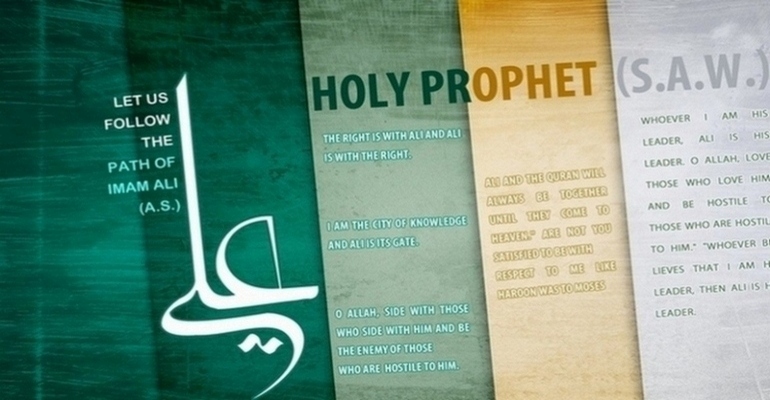For those even with limited information about Islam and Islamic history it is clear that “human rights” in view of Islam is not merely a passive and comparative issue. Today, we are not starting a discussion to present a similar school of thought as Islam in contrast with legal and political thoughts in the West, or just acquit ourselves of our backwardness. Rather, we will discuss such values and principles as human dignity, freedom, social equity, legitimate right of security and defense, social security, education and upbringing, negation of compulsion and coercion, supporting the rights of the women and children and the rights of the deprived classes in the society, respecting right of ownership and other humane natural, innate and contractual legal concepts, as well as legal and political concepts already exist and are studied in Islamic jurisprudence and history of Islam.

For those even with limited information about Islam and Islamic history it is clear that “human rights” in view of Islam is not merely a passive and comparative issue. Today, we are not starting a discussion to present a similar school of thought as Islam in contrast with legal and political thoughts in the West, or just acquit ourselves of our backwardness. Rather, we will discuss such values and principles as human dignity, freedom, social equity, legitimate right of security and defense, social security, education and upbringing, negation of compulsion and coercion, supporting the rights of the women and children and the rights of the deprived classes in the society, respecting right of ownership and other humane natural, innate and contractual legal concepts, as well as legal and political concepts already exist and are studied in Islamic jurisprudence and history of Islam.
Human Rights in the Time of the Prophet (PBUH)
Studying instructions on human rights in the early years after the advent of Islam and during the life of the Prophet (PBUH) shows a real political and axiological revolution in human rights issues. The respect that the Prophet (PBUH), as the best human personality throughout the history of humanity, accorded to all human individuals, irrespective of their belief, race, color or class, is unique.
When he stands up for the dead body of a Jew and agrees with admission of the Jews and Christians into the Islamic society, he lays the foundation of national unity. When he denounces live burying of the newborn Arab girls as one of the worst instances of human humiliation, when he encourages his companions to be free and freely express their viewpoints on his opinions, when he sits on the ground at the same level with ordinary people instead of leaning against the throne of power, while he is the first man of the great Islamic Empire, he depicts a perfect picture of sublime human rights in the dark and entirely oppressing and suppressing age he lives in.
The companions of the Prophet (PBUH), who were all trained in this school of thought and were raised under the influence of his teachings and precept, were each a model to follow. In the meantime, Imam Ali (A.S) was stricter regarding human rights and was more enlightened in observing morals, compared to other Muslim personalities.
Translated by: Sadroddin Musawi http://english.tebyan.net



